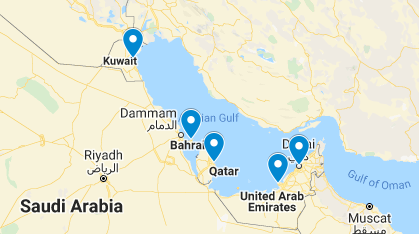Business owners spend so much time worrying about their source of wealth that they forget their actual wealth, says Peter Ellen.
April 16, 2013 5:34 by kippreport
Sometimes, pictures help people to understand a point. The other day, I was working with a group of clients discussing wealth management, when it struck me that the water bottle I was holding could be a simile for the problem of wealth management we were discussing.
Supposing you have an empty water bottle, with your sole purpose in life to fill it with water. Every day, month or year, you are able to pour some water into the bottle. The first question is: where do you get the water? Water in this analogy is obviously your wealth and by working you create wealth; whether as an employee or an entrepreneur.
The purpose of the bottle is that it captures your stored wealth – it is not your business, although a lot of business owners seem to believe that their business is their wealth – this is only true in a minority of cases. In most cases, your business is the source of your wealth, but not your actual wealth. Business owners have to find ways of capturing their wealth, so they can exit their business at a time of their choosing, with the equivalent of the wealth they have created.
This is harder than it seems, as business owners spend so much of their time and energy creating and working in their business, that the question, “how do I get my wealth out of the business?” is often put to the bottom of the agenda.
I advise business owners to think there are two companies – I call them company A and company B. Company A is the business – its purpose is to create wealth (it is the source of wealth) and company B is the bottle – its purpose is to capture and store the business owner’s personal wealth. Unless the business owner has both companies, they run the risk that wealth will not be available at the time they want it.
In reality, the simile holds good for employees, as well as business owners. As an employee, you go to work every day, and at the end of the month, you pick up your salary (and maybe, if you’re lucky, at the end of the year, you’re given a bonus, too). This money goes into your bank account, and, unless you make a clear commitment in the opposite direction, it will flow out just as quickly, leaving you with little or nothing at the end of each month or year.
We all know that our expenses rise in direct proportion to our earnings – things that were once luxuries become necessities – unless we decide otherwise. Long-term commitments are often sacrificed on the altar of immediate consumption.
So, the water bottle analogy holds true for both business owners and employees – we all need a company A and a company B – company A is the source of our wealth; company B is our storage facility.
Now, once we have made a commitment to fill the bottle by a certain date in the future (and every person will need a different size bottle, according to their aspirations and objectives; some will have more than one bottle etc), then we also have to pay attention to the quality of the bottle – what if the bottle has a pin-sized hole somewhere below the half-way point? We may not notice it in the short term, especially as we have not filled the bottle to this point, but once it is filled past the hole, what will happen? Our water – our wealth – will drain out, slowly, leaving us chasing our goals with insufficient wealth to achieve them.
Holes come in various shapes and sizes – it could be that you have left insufficient time to accumulate the wealth you need to achieve your goals; or that you have not made a will; or that you suffer an illness that prevents you working; or that you have made unwise investments; or that you have not insured your key personnel and one of them dies. There are many ‘downside risks’ in your life against which you can protect yourself – these are the pinholes in the bottle, and you have to protect company B from them.
In summary, therefore, think about your business as a source of wealth, rather than as wealth itself. Think about how you can capture and secure your wealth, so that it’s available to you at a time of your choosing. Then think about the risks to your wealth, and protect yourself against them. And, if this sounds complex, talk to a Financial Adviser, who can help you.
Peter Ellen is operations director at Nexus Insurance Brokers www.nexusadvice.com. He has worked in the sales industry for 28 years in senior management positions and as a consultant. To contact Peter for advice with any insurance and investment advice please email him at peter.ellen@nexusadvice.com.


